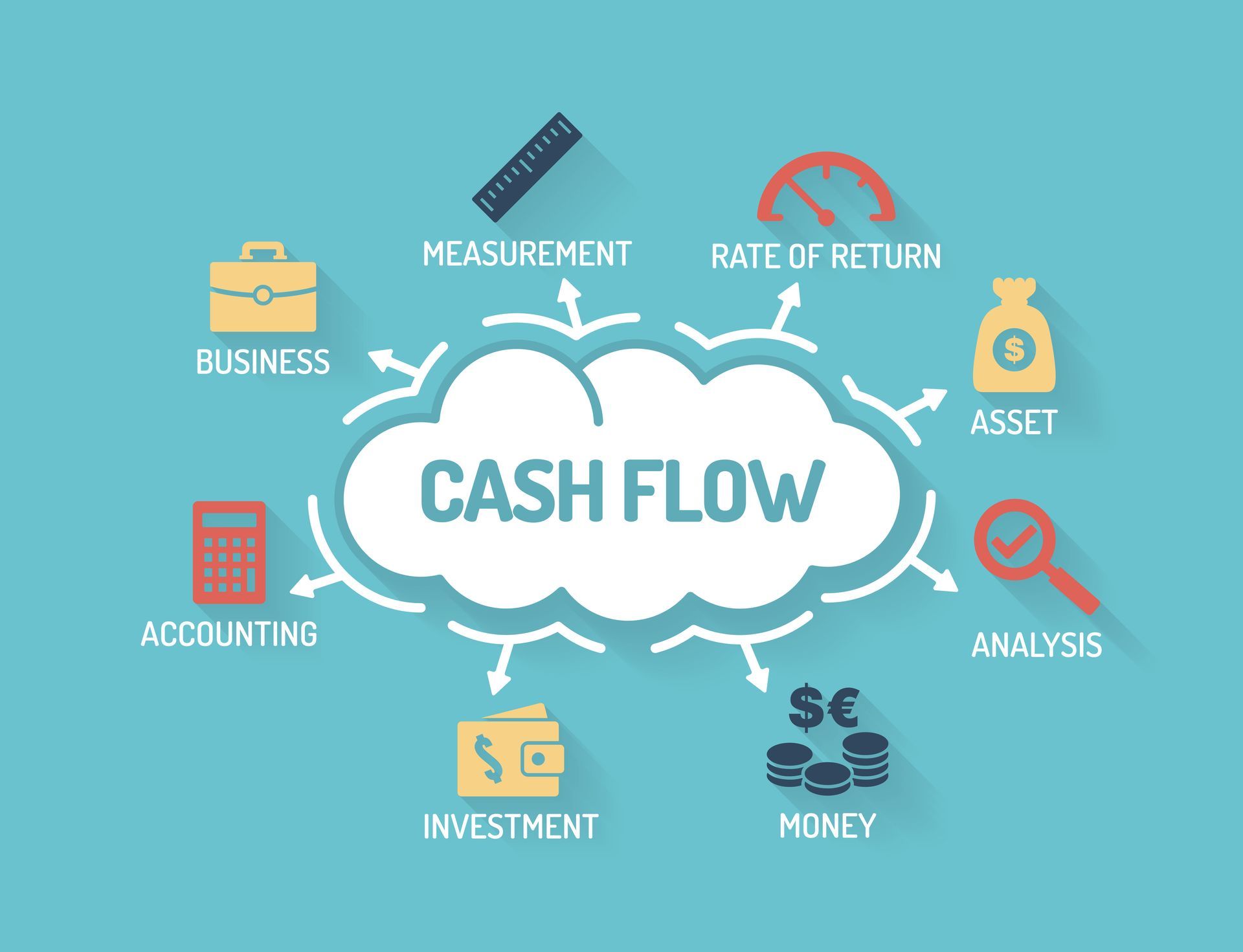Are There Any Unique Tax Implications for Environmental, Social and Governance Investments?
This is a subtitle for your new post

No – investing in an ESG fund doesn’t necessarily qualify taxpayers for any unique tax write-offs or credits. Companies or funds that are classified as ESG investments may benefit from various government incentives, tax credits for sustainable practices or favorable tax treatment based on current laws. In that respect, you may indirectly benefit from tax incentives for which ESG investment qualify due to their governance or operational practices.
Companies that enact what are often considered ESG policies can potentially benefit from a variety of government incentives, from deductions and credits for adopting energy-efficient practices and equipment to earning carbon credits or grants for things like recycling and waste reduction initiatives.
These policies may or may not benefit investors. There are no guarantees in the market or in business operations. It’s important to consult with investment professionals or to take the time to do your own research before making any investments – including into funds or companies that advertise as ESG.
Are ESG Funds and Stocks Good for Investors?
ESG investments are not without their controversies. The primary argument against ESG investing is that funds have a fiduciary duty to maximize returns and portfolio growth for beneficiaries – not sacrifice potential gains to ensure investments align with the fund manager’s policy preferences or worldview.
The other side of the argument is that sustainable and responsible practices should be encouraged for the future of people, the environment and industries, even if those practices must be subsidized or benefit from special tax treatment in some fashion. Advocates often believe these improvements will ultimately lead to more sustainable, long-term positive performance.
One of the fundamental tenets of the free market is that people should be able to invest in and support businesses that align with their worldview and goals for the future. Critics of ESG holdings in pension funds often argue that beneficiaries don’t get that choice and may suffer reduced performance because of ESG-oriented decision-making by fund managers.
Not everyone believes in the same things. In one controversy, an Episcopal Church-based fund for clergy and lay employees refused to buy what it categorized as ‘sin stocks’ (typically stocks for companies that have an interest in gambling, adult entertainment, weapons, alcohol, tobacco or anything else that could harm people’s health). Public school teachers may have very different definitions of what qualifies as good and bad ESG, and their pension fund might include some stocks the Church’s pension fund would never hold.
Two different groups of investors might have different sets of social or environmental priorities. One group might want to invest in companies that support local communities (investing in building hospitals and schools), while the other might prefer to support human rights or improve the living conditions of people all over the world (like providing disaster relief, drilling wells or providing malaria nets in Africa). Funds don’t necessarily have to focus on one specific agenda or advocacy goal, but there are ESG funds with specific priorities.
Many investors don’t have any of these priorities or don’t believe their investment decisions should be made in the context of environmental or social advocacy. Their overriding goal is to increase the value of their portfolio. Those investors might not have any problem with helping people but would rather do so in their own way (like making their own charitable contributors or donating their time).
An argument can be made that these investors can more effectively improve the world by maximizing their portfolio growth based on actual performance metrics rather than ESG policies. This ultimately enables them to pursue a more targeted approach to improving the world in a way that aligns with their own beliefs.
Some businesses may make government subsidies a key aspect of their operations or rely on them to maintain profitability. Relying on artificial policy-generated demand, which could evaporate if people with opposing views are elected, may be unsustainable from a business perspective. Should those subsidies disappear, fund value might drop, which would be bad for investors.
Alternatively, outside factors might negatively impact a company’s performance and their value. For example, a dramatic drop in the price of foreign solar imports might devalue domestic solar manufacturers that are held in ESG funds.
Some companies also game the system, adopting token ESG policies in an effort to get included in funds that otherwise wouldn’t hold their stock.
Should Phoenix Retirement Savers and Investors Buy ESG Funds?
Sure – if the fund’s ESG policies align with your goals and beliefs. If you don’t like the idea of ESG funds, you don’t have to buy them for your self-directed retirement or investment portfolio. The controversies typically arise when investors and savers, particularly pension fund beneficiaries, aren’t given a choice.
While the performance of ESG companies may benefit from government incentives or friendlier tax policies, simply owning those companies or funds in your portfolio will not entitle you to the same tax advantages. In other words, tax implications for buying and selling ESG stocks are the same as any other equity, regardless of the company’s business model, advocacy or governance.
If you have questions about the tax implications of dividends, tax-advantaged funds or capital gains or losses, don’t hesitate to call the tax preparation team at H&H Accounting Services at (480) 561-5805.



